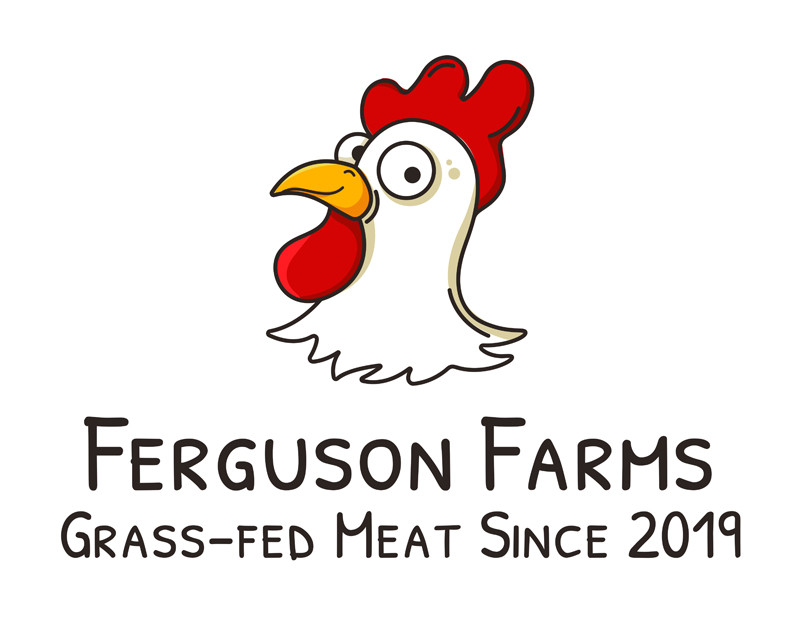Beef Heart Benefits: Is It Good for You?
posted on
November 11, 2022
Discover The Benefits of Eating Grass-Fed Beef Heart
Eating grass-fed beef organs has been a staple in our ancestor's diets for many years. It seems that they valued the organs due to their abundance of nutrients. In this article, we discuss the top four benefits of eating grass-fed beef heart.
1. Supports Immune System and Energy Production
Grass-Fed Beef heart is a good source of mineral metals such as zinc and iron that have been linked to boosting our immunity. Zinc has several attributes toward boosting immunity, including;
- Helps in developing white blood cells that fight pathogens [ disease-causing germs]
- Influences the process of apoptosis [killing damaged cells]
- Functions as an antioxidant and stabilizes membranes
- Influences phagocytosis [killing of pathogens], intracellular killing, and production of cytokines.
Iron is also an essential element that can be found in beef organs. The beef heart contains iron and nutrients that are crucial in delivering oxygenated blood throughout the body. A deficiency in iron can leave us feeling exhausted and can lead to anemia.
Grass-Fed Beef Heart is also rich in six micronutrients that also support health and immunity and are listed below;
- Vitamin B1 [Thiamine] – essential in boosting functions of the heart, mental health, and also the production of energy
- Vitamin B2 [Riboflavin]- helps in energy production, blood health, improved vision, protects cells from pathogens and reduces fatigue
- Vitamin B3 [Niacin] – involved in energy creation, nervous system operations, mental health, and also prevention of chronic diseases
- Vitamin B5 [Pantothenic Acid] – takes part in the production of energy, enhances mental health, and reduces tiredness and fatigue
- Vitamin B12 – enhances immune function, and healthy cell division supports mental health and reduces fatigue
- Choline – is a chemical nutrient that assists in brain membrane formation, memory, muscle control, and mood.
2. Naturally High in Protein
Grass-fed Beef organs, like beef heart, grass-fed beef liver, and grass-fed beef kidney, are nutritious while offering a good source of protein. Protein consumption can reduce appetite and hunger levels brought by the hormone ghrelin. Protein also increases muscle mass and strength since protein is the primary building block of our bodies.
3. Contains Coenzyme Q10 [CoQ10]
CoenzymeQ10 is a fat-soluble vitamin compound and can be found in the grass-fed beef heart. Levels of coenzyme Q10 reduces with age; however, CoQ10 is essential in;
- Production of energy - mitochondria are responsible for energy production, but they need CoQ10 to produce an ATP chemical. ATP is the primary source of energy in our body cells
- An antioxidant - As ATP production continues, the mitochondria also emit free radicals that facilitate cell communication and protect the body against pathogens. If the free radicals are in excess, they cause cell damage. Coenzyme Q10 is an antioxidant that helps to neutralize these free radicals.
4. Rich in Collagen and Elastin
Collagen and elastin are fibers that form the foundation of the structure supporting our skin. Collagen is the most abundant protein in our skin and is responsible for reducing the appearance of wrinkles and fine lines in our skin. Collagen levels reduce as you grow older.
Elastin is found in the dermis, and it is responsible for our skin and organ structure. Elastin also reduces with age. Collagen and elastin are essential to the skin by providing resilience, firmness, and anti-wrinkle ability.




